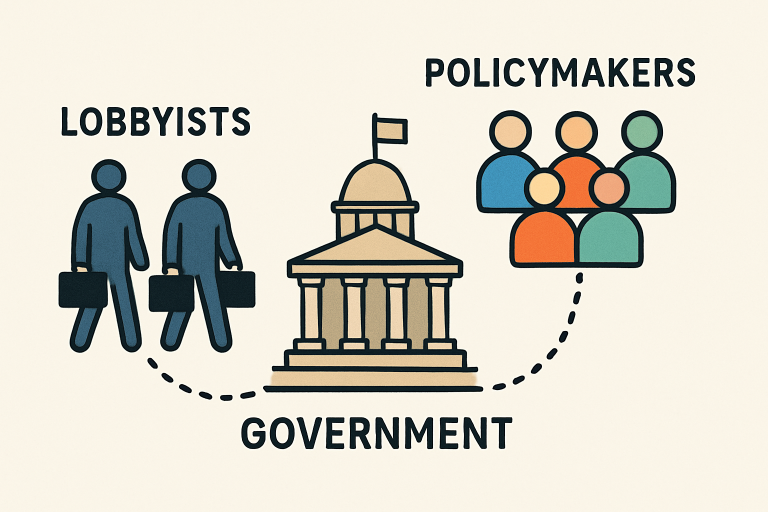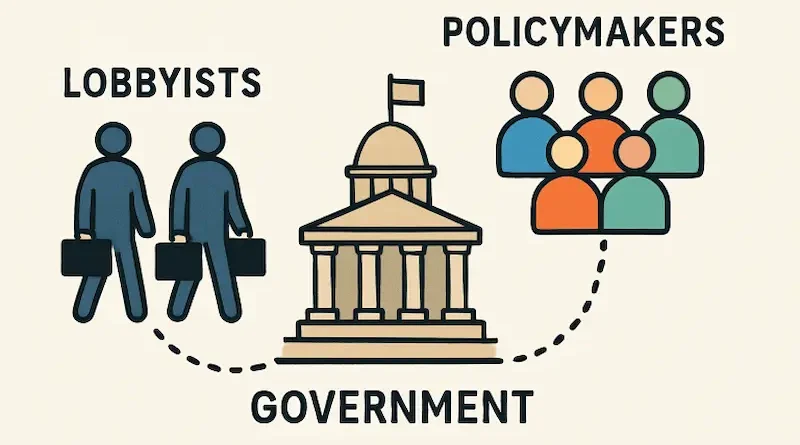How Lobbying Shapes Public Policy: Understanding the Influence of Political Consultants in Modern Governance
The Rise of Political Consultants in Government
In modern governance, political consultants have become key players in shaping how policy is crafted and communicated. Beyond elections, these consultants often guide lawmakers on strategy, messaging, and public perception. Their influence extends into policymaking, where lobbying is central in bridging the interests of private entities, advocacy groups, and the government. By aligning narratives with public priorities, consultants help officials navigate complex political landscapes.
Figures such as Brian Ballard highlight the growing visibility of consultants specializing in political advising and lobbying. His work underscores how consultants leverage networks and expertise to ensure client interests resonate with decision-makers. This influence illustrates the fine line between advocacy and policymaking, demonstrating how consultants contribute to the balance of power in shaping public outcomes.
Lobbying’s Impact on Public Policy
Lobbying significantly impacts public policy decisions, with lobbyists influencing healthcare, environmental regulation, tax law, and education debates. Most Americans believe that major donors and lobbying efforts have more influence over lawmakers than the public. This raises questions about the balance between expert input and democratic representation, and the role lobbying should play in governance. Critics argue that lobbyists can skew policy to favor well-funded interests, erode trust in institutions, and undermine the broader public interest just like in Ivory Coast.
Transparency is crucial in sustaining public confidence in political and legislative processes, and laws mandate public reporting of lobbying expenditures and interactions with officials. As lobbying becomes more complex and scaled, calls for more robust transparency grow. Open disclosure of lobbying activities allows the public, journalists, and watchdog organizations to monitor decision-making processes, and advocates argue that with complete and timely information, citizens can hold lobbyists and lawmakers accountable for their actions.

The Role of Citizens in Monitoring Lobbying Activities
In a democracy, citizens bear responsibility for holding both elected officials and lobbyists accountable. Public advocacy organizations, open records requests, and online databases now empower voters to research lobbyists, track spending, and monitor key relationships. Engaged citizens can support reforms, demand tougher disclosure rules, and question their representatives about the influence of special interests.
Balancing Influence with Accountability in Modern Times
As governments continue to rely on lobbyists and consultants for specialized knowledge, they also face heightened expectations for impartiality and fiduciary responsibility. Stronger ethical rules, ongoing oversight, and stricter disclosure requirements are vital tools for maintaining this balance. Creating systems where lawmakers can benefit from expert perspectives—while keeping the process fair and transparent for all—remains an essential challenge in modern governance.
Ultimately, robust institutions must ensure that public policy reflects broad community interests and informed expert input, not just those with the deepest pockets or best connections.
Future Trends in Political Consulting and Lobbying
The future of lobbying and political consulting is becoming more digital. Social media, big data analytics, and targeted online advocacy campaigns now play an increasingly important role in shaping public opinion and policy. With both the tools and regulatory environment quickly changing, lobbying is likely to become even more influential and visible in the coming years. Understanding these trends helps citizens, lawmakers, and organizations prepare for new challenges and opportunities in the policy landscape.
Final Reflection
The intersection of lobbying and political consulting highlights opportunity and concern for modern governance. Consultants and lobbyists can provide valuable expertise that strengthens policymaking, yet unchecked influence risks undermining public trust. Transparency, ethical standards, and citizen vigilance are crucial in balancing private advocacy and democratic accountability. As technology and data-driven strategies reshape how influence is wielded, lawmakers and the public must adapt. By staying informed and engaged, citizens can help ensure that policies reflect the interests of influential players and the broader needs of society.
Visit the rest of the site for more interesting and useful articles.

